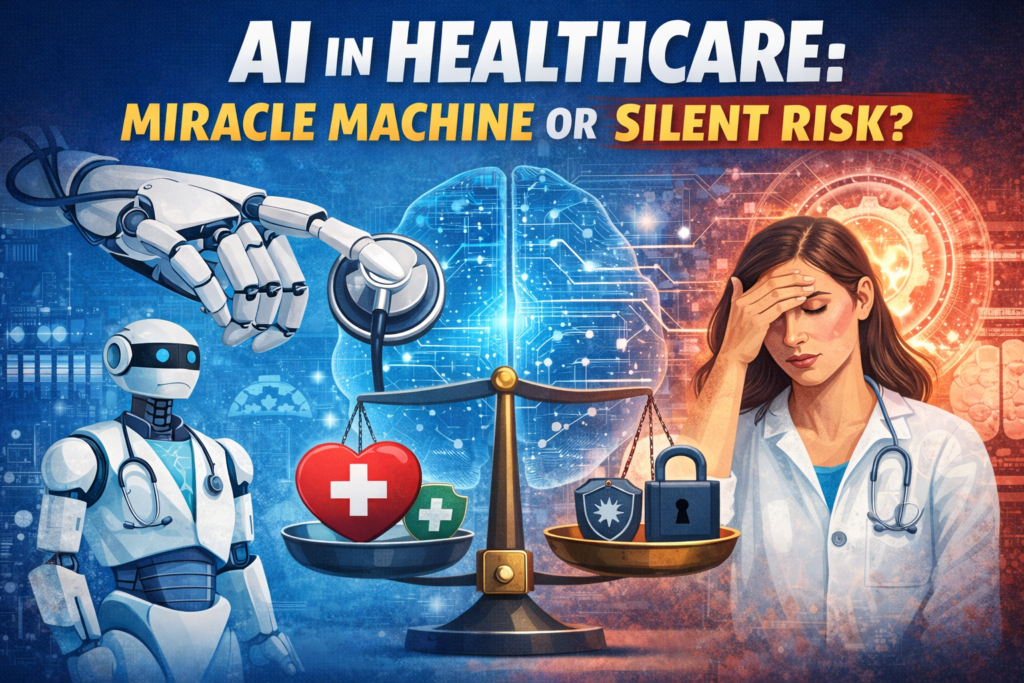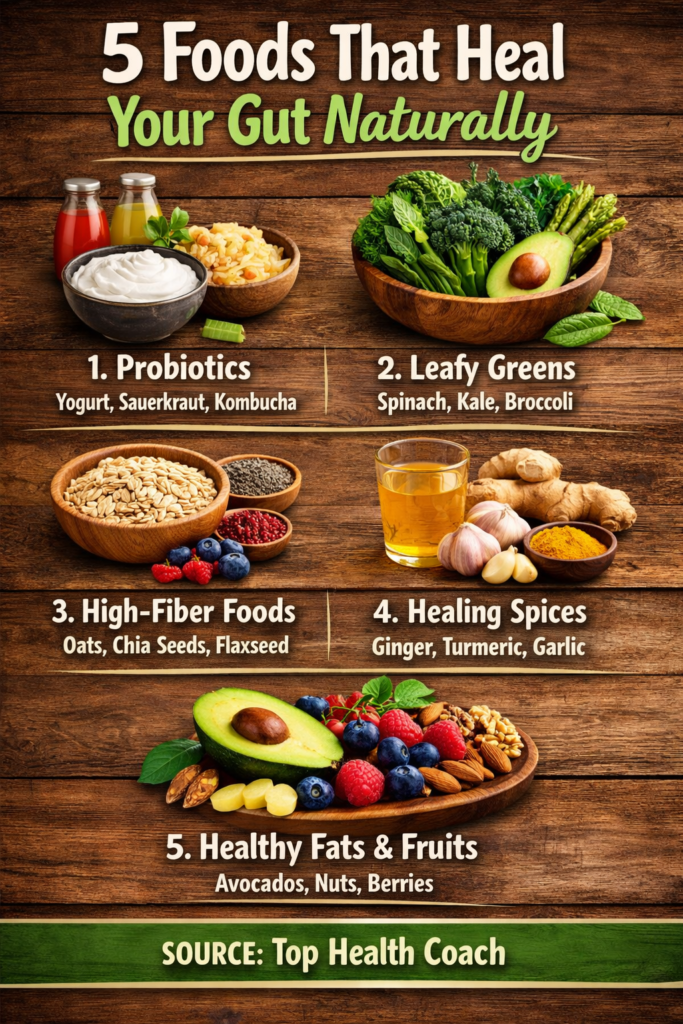Eating healthier doesn’t mean depriving yourself — it’s about making smarter choices one step at a time. Whether you’re trying to lose weight, boost energy, or just feel better, small changes to your daily habits can lead to big results over time.
As a Top Health Coach, I’m sharing 25 easy, actionable tips to help you make your diet healthier — without complicated meal plans or fad diets.

✅ Why a Healthy Diet Matters
A balanced, nutrient-rich diet fuels your body, supports immune function, enhances mood, and even improves skin and sleep quality. But making the switch can feel overwhelming — especially if you’re juggling a busy lifestyle.
So let’s break it down. These tips are simple, sustainable, and designed for real people with real lives.
🍎 25 Simple Tips to Make Your Diet Healthier
1. Start your day with protein
Breakfasts rich in protein like eggs, Greek yogurt, or nuts help keep you full longer and reduce snacking.
2. Hydrate before you eat
Drink a glass of water before meals to improve digestion and prevent overeating.
3. Eat more fiber
Include high-fiber foods like vegetables, fruits, whole grains, and legumes to support digestion and weight management.
4. Plan your meals
Meal planning saves time, reduces stress, and helps avoid impulse junk food purchases.
5. Avoid sugary drinks
Swap soda and packaged juices for infused water, herbal tea, or plain sparkling water.
6. Cook at home more often
Preparing meals at home helps you control ingredients, portion sizes, and calories.
7. Use smaller plates
This helps with portion control and can trick your brain into feeling satisfied with less.
8. Read food labels
Get familiar with nutrition facts — watch for added sugars, sodium, and artificial ingredients.
9. Add healthy fats
Incorporate good fats like avocados, nuts, seeds, and olive oil into your meals.
10. Eat more leafy greens
Dark, leafy greens like spinach, kale, and arugula are packed with nutrients and very low in calories.
11. Go for whole grains
Choose whole grain bread, brown rice, quinoa, and oats over refined versions.
12. Snack smart
Keep healthy snacks like fruits, nuts, yogurt, or hummus nearby to avoid reaching for chips or sweets.
13. Practice mindful eating
Eat slowly, chew thoroughly, and eliminate distractions like TV or phones.
14. Cut back on salt
Use herbs, spices, lemon, or garlic to flavor your food instead of excess salt.
15. Limit processed foods
Try to eat more whole, minimally processed foods — they’re better for your body and mind.
16. Control sugar intake
Reduce your intake of added sugars found in snacks, sauces, and even “healthy” cereals.
17. Don’t shop hungry
Always grocery shop after eating to avoid loading up on unhealthy items.
18. Pack your lunch
Bringing a homemade lunch to work or school helps you eat healthier and save money.
19. Add color to your plate
The more colorful your meal, the more likely it contains a variety of nutrients.
20. Replace red meat occasionally
Try plant-based proteins like lentils, chickpeas, tofu, or lean poultry instead.
21. Keep unhealthy foods out of sight
Out of sight, out of mind — keep tempting treats off the counter and hidden.
22. Make smoothies wisely
Use real fruits, greens, Greek yogurt, and no added sugars in your smoothies.
23. Eat at regular times
Skipping meals can backfire — aim for balanced meals and snacks at consistent times.
24. Take vitamins if needed
If you’re lacking nutrients, consider supplements — but consult a Top Health Coach or doctor first.
25. Treat yourself occasionally
A healthy diet includes balance. Enjoy your favorite indulgences mindfully and in moderation.
💬 20 Frequently Asked Questions (FAQs)
1. What is the healthiest way to start my day?
A protein-rich breakfast with some fiber, like eggs and oats.
2. Can I still eat carbs?
Yes, focus on whole grains and complex carbs over refined ones.
3. What’s the best snack for energy?
Nuts, Greek yogurt, or fruit with peanut butter.
4. How much water should I drink daily?
Aim for at least 8 cups, more if you’re active or in hot climates.
5. Is it okay to drink coffee?
Yes — in moderation and ideally without added sugar or cream.
6. What are healthy fats?
Avocados, olive oil, nuts, seeds, and fatty fish like salmon.
7. Can I have dessert on a healthy diet?
Absolutely, just watch portion sizes and frequency.
8. How can I eat healthy on a budget?
Buy seasonal produce, cook at home, and avoid packaged foods.
9. Are frozen veggies okay?
Yes! They’re often just as nutritious as fresh ones.
10. How do I reduce salt without losing flavor?
Use herbs, spices, citrus, and garlic for seasoning.
11. What should I avoid at all costs?
Highly processed foods with trans fats and excess sugars.
12. Are smoothies healthy?
They can be — just avoid added sugar and use whole ingredients.
13. How can I curb sugar cravings?
Eat regular meals, stay hydrated, and choose natural sweet alternatives.
14. What’s one food I should eat daily?
Leafy greens — they’re nutrient-packed and versatile.
15. How often should I eat?
Every 3–5 hours to maintain energy and prevent overeating.
16. Are cheat days okay?
Yes, as long as they don’t derail your overall progress.
17. What’s the easiest diet change to start with?
Cut out sugary drinks — it’s quick and effective.
18. Can eating healthy help my skin?
Absolutely! A clean diet supports clearer, more radiant skin.
19. Should I take supplements?
Only if needed — consult a health coach or doctor first.
20. What’s the biggest myth about dieting?
That you have to eliminate all your favorite foods. Balance is key!
💡 Final Thoughts
Making your diet healthier doesn’t require perfection — it just requires progress. Try one or two tips each week, and soon you’ll notice more energy, improved digestion, better sleep, and even a happier mood.
For more insights from a Top Health Coach, and to contribute your thoughts, check out our Guest Posting Website for health, wellness, and nutrition tips that work in real life.



